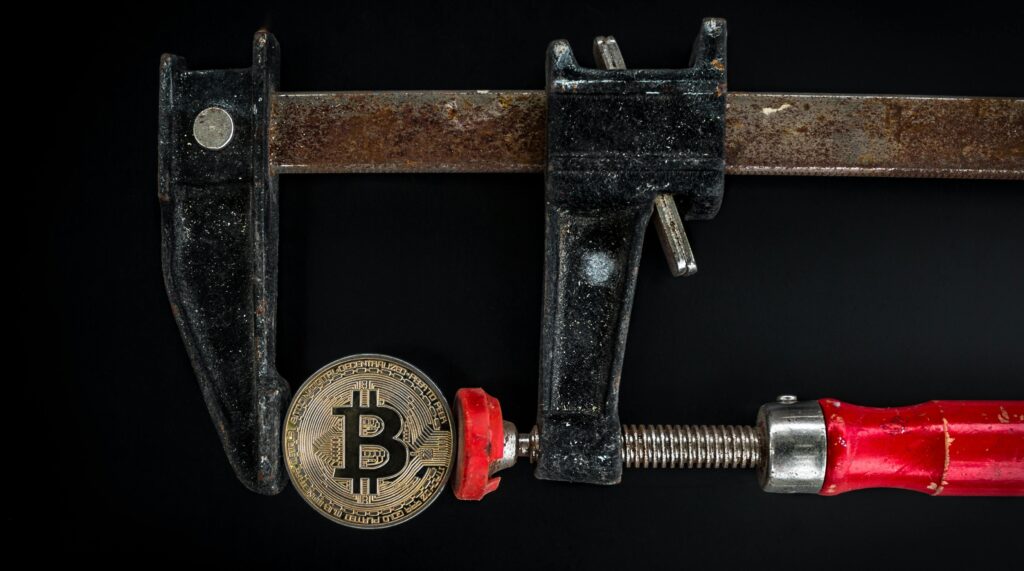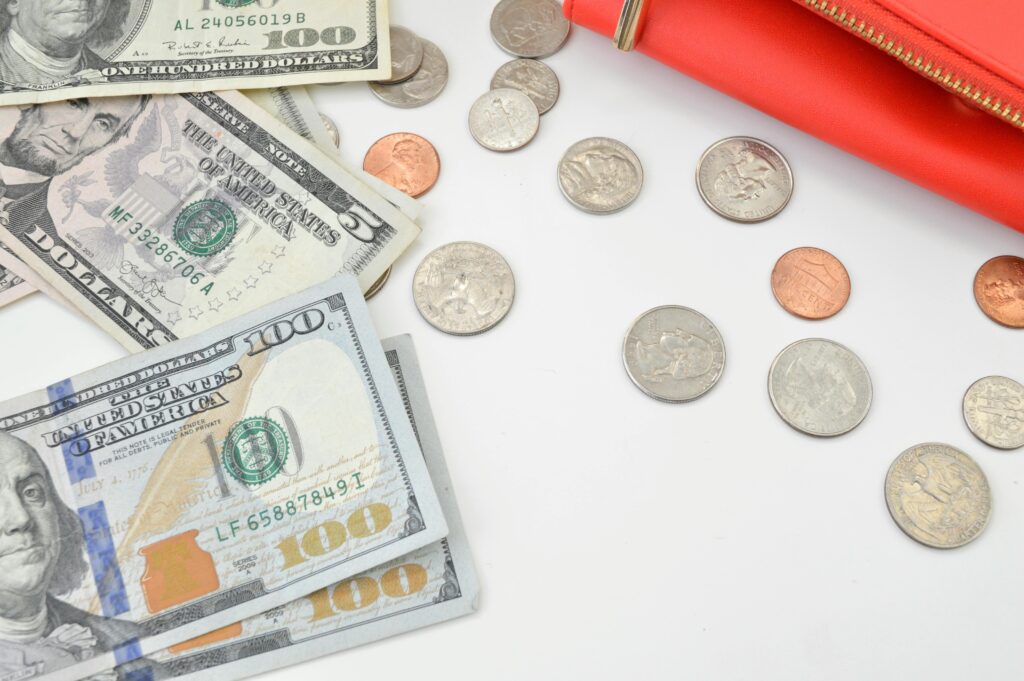As the cryptocurrency landscape continues to evolve, the importance of a reliable and secure Bitcoin wallet cannot be overstated. In 2024, with Bitcoin adoption growing and more individuals and institutions embracing cryptocurrencies, selecting the right wallet is crucial for safeguarding your digital assets. This article will cover everything you need to know about Bitcoin wallets in 2024, including the different types, features, security considerations, and how to choose the best one for your needs.

What is a Bitcoin Wallet?
A Bitcoin wallet is a digital tool that allows you to store, send, and receive Bitcoin. It operates similarly to a physical wallet, but instead of holding physical currency, it stores your private and public keys—essential for managing your Bitcoin transactions. As Bitcoin becomes more mainstream in 2024, the right wallet is essential for ensuring secure storage and seamless transactions.
Types of Bitcoin Wallets in 2024
- Hardware Wallets Hardware wallets are physical devices that store your Bitcoin offline. These are often regarded as the most secure type of Bitcoin wallet because they are immune to online hacking attempts. Brands like Ledger and Trezor remain popular in 2024 due to their strong security features.
- Software Wallets Software wallets are apps or programs you install on your computer or smartphone. These can be further divided into desktop, mobile, and web wallets. While they are convenient for daily transactions, they may not be as secure as hardware wallets because they remain connected to the internet.
- Paper Wallets Although paper wallets are less common in 2024, they remain a low-tech solution for storing Bitcoin offline. A paper wallet is essentially a piece of paper with a printed QR code representing your private key. While safe from online threats, paper wallets are susceptible to physical damage or loss.
- Custodial Wallets Custodial wallets are those provided by third-party services like exchanges or platforms. In these wallets, the third party holds your private keys. While convenient for beginners, custodial wallets pose a security risk as you’re entrusting your assets to someone else. As the crypto landscape grows in 2024, it’s recommended to shift to non-custodial wallets where you control your private keys.
Key Features to Look for in a Bitcoin Wallet
- Security The number one concern when selecting a Bitcoin wallet is security. Look for wallets that offer two-factor authentication (2FA), strong encryption, and backup options. In 2024, wallets with multi-signature features are increasingly popular, offering an extra layer of protection.
- Ease of Use A user-friendly interface is important, especially for those new to Bitcoin. Choose a wallet that simplifies the process of sending, receiving, and managing Bitcoin without compromising on security.
- Compatibility Make sure the wallet you choose is compatible with your devices. Whether you prefer to access your Bitcoin wallet on a smartphone, desktop, or hardware device, compatibility ensures seamless usage.
- Backup and Recovery In the event of a device failure or loss, having a robust backup and recovery feature is crucial. Ensure your Bitcoin wallet provides an easy way to recover your funds using a seed phrase or similar method.
- Support for Multiple Cryptocurrencies As more people diversify their portfolios with multiple cryptocurrencies in 2024, having a wallet that supports not only Bitcoin but also other major cryptos like Ethereum, Litecoin, or altcoins can be a great advantage.
Security Concerns for Bitcoin Wallets in 2024

With the increasing number of cyberattacks, securing your Bitcoin wallet has never been more important. In 2024, wallet providers are implementing cutting-edge encryption methods, biometric authentication, and multi-signature authorization to protect users. However, users also need to take proactive steps like using strong passwords, regularly updating software, and avoiding suspicious links or downloads.
It’s also advisable to keep a portion of your Bitcoin in an offline hardware wallet while using software or mobile wallets for everyday transactions. This way, your long-term holdings remain safe from potential cyber threats.
Essential Actions for Managing Your Bitcoin Wallet
Bitcoin Wallet Sign Up
Signing up for a Bitcoin wallet is simple and involves creating an account on your preferred wallet platform. You’ll need to provide some basic information, generate a recovery phrase, and secure your wallet with strong authentication methods to safeguard your assets.
Bitcoin Wallet App
A Bitcoin wallet app allows you to manage your cryptocurrency on the go. These apps are available for both Android and iOS devices, offering secure access to your wallet, enabling transactions, and checking your balance from anywhere.
Bitcoin Wallet Login
To access your Bitcoin wallet, you need to log in using your credentials or private key. Always ensure you’re using a secure connection when logging in to protect your funds from potential threats.
Bitcoin Wallet Address Check
To receive Bitcoin, you must provide your wallet address. You can easily check or generate your Bitcoin wallet address within your app or web wallet, ensuring it’s correct before sharing it with others.
How to Choose the Best Bitcoin Wallet in 2024

When selecting a Bitcoin wallet, consider your personal needs, investment goals, and security preferences. If you’re a casual Bitcoin user, a mobile wallet with a strong reputation for security may suffice. However, if you hold large amounts of Bitcoin, a hardware wallet with offline storage might be the best choice.
As the crypto market matures, wallets that integrate advanced security features and offer seamless user experiences are rising in popularity. Always research the latest reviews and updates in 2024 to ensure that your chosen wallet stays up-to-date with evolving security standards.
The Future of Bitcoin Wallets in 2024
Looking ahead, Bitcoin wallets in 2024 are expected to incorporate even more advanced features. We’re likely to see increased integration with decentralized finance (DeFi) protocols, enhanced privacy features, and improved accessibility. As regulatory scrutiny increases, wallets may also be required to comply with more stringent Know Your Customer (KYC) and Anti-Money Laundering (AML) standards.
Conclusion
In 2024, the choice of a Bitcoin wallet is more important than ever as Bitcoin continues to gain traction globally. Whether you’re a seasoned investor or a newcomer, selecting the right wallet with a balance of security, usability, and convenience will ensure your assets remain safe and easily accessible. With the right wallet, you can navigate the ever-evolving world of cryptocurrency with confidence.
FAQs about Bitcoin Wallets in 2024
- What happens if I lose access to my Bitcoin wallet?
If you lose access to your Bitcoin wallet, you can recover it using the recovery or seed phrase provided during the wallet setup. It’s important to store this phrase in a safe, offline location, as it’s the only way to regain access to your funds. - Are Bitcoin-wallets anonymous?
Bitcoin-wallets themselves are not fully anonymous. While transactions are recorded on the blockchain, they are pseudonymous. However, using certain privacy-focused wallets can enhance anonymity, though you may still need to comply with KYC regulations in 2024. - Can I use one wallet for multiple cryptocurrencies?
Yes, many Bitcoin-wallets in 2024 support multiple cryptocurrencies, allowing you to manage your entire crypto portfolio in one place. Be sure to choose a wallet that supports the specific coins you wish to store and transact.